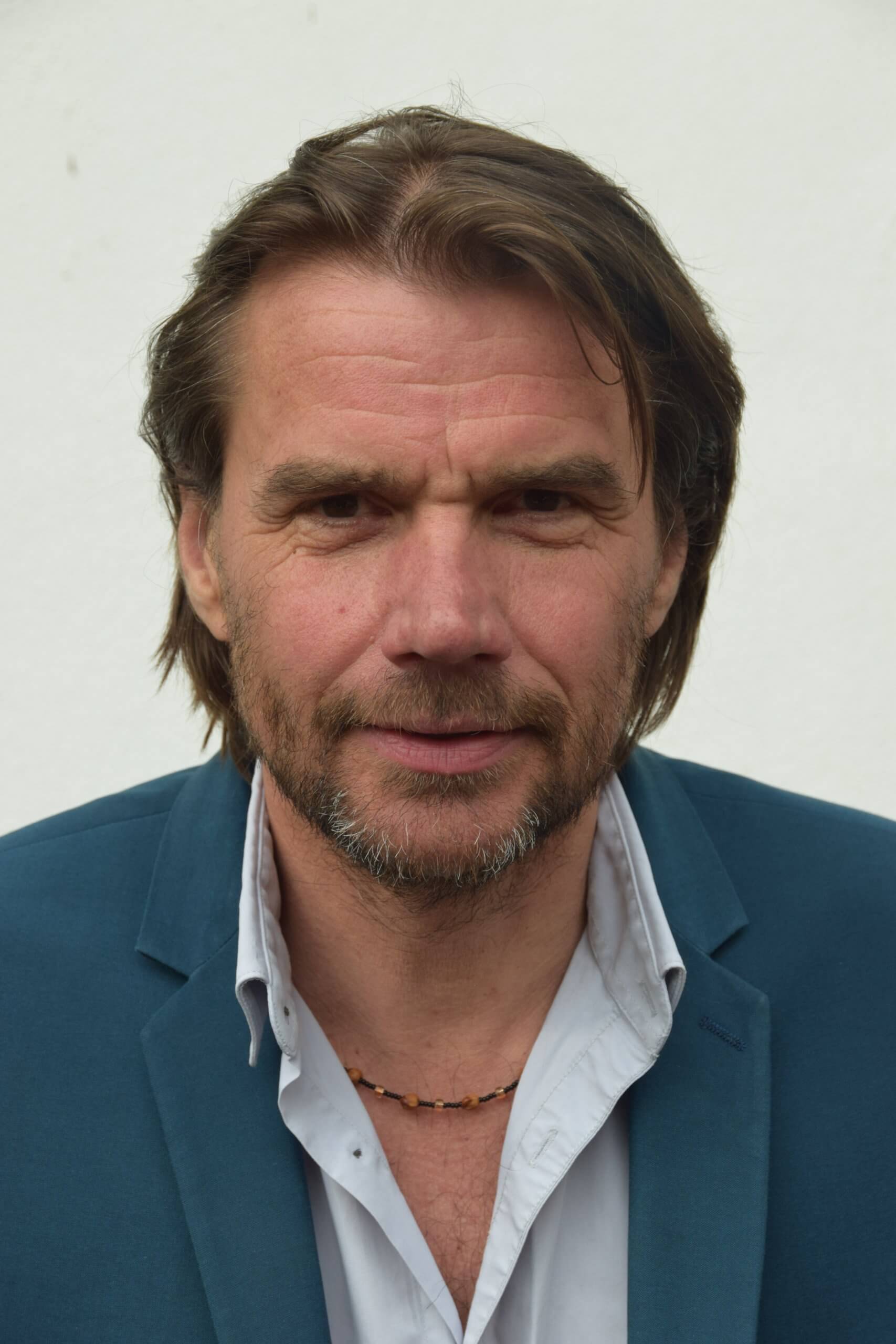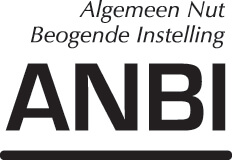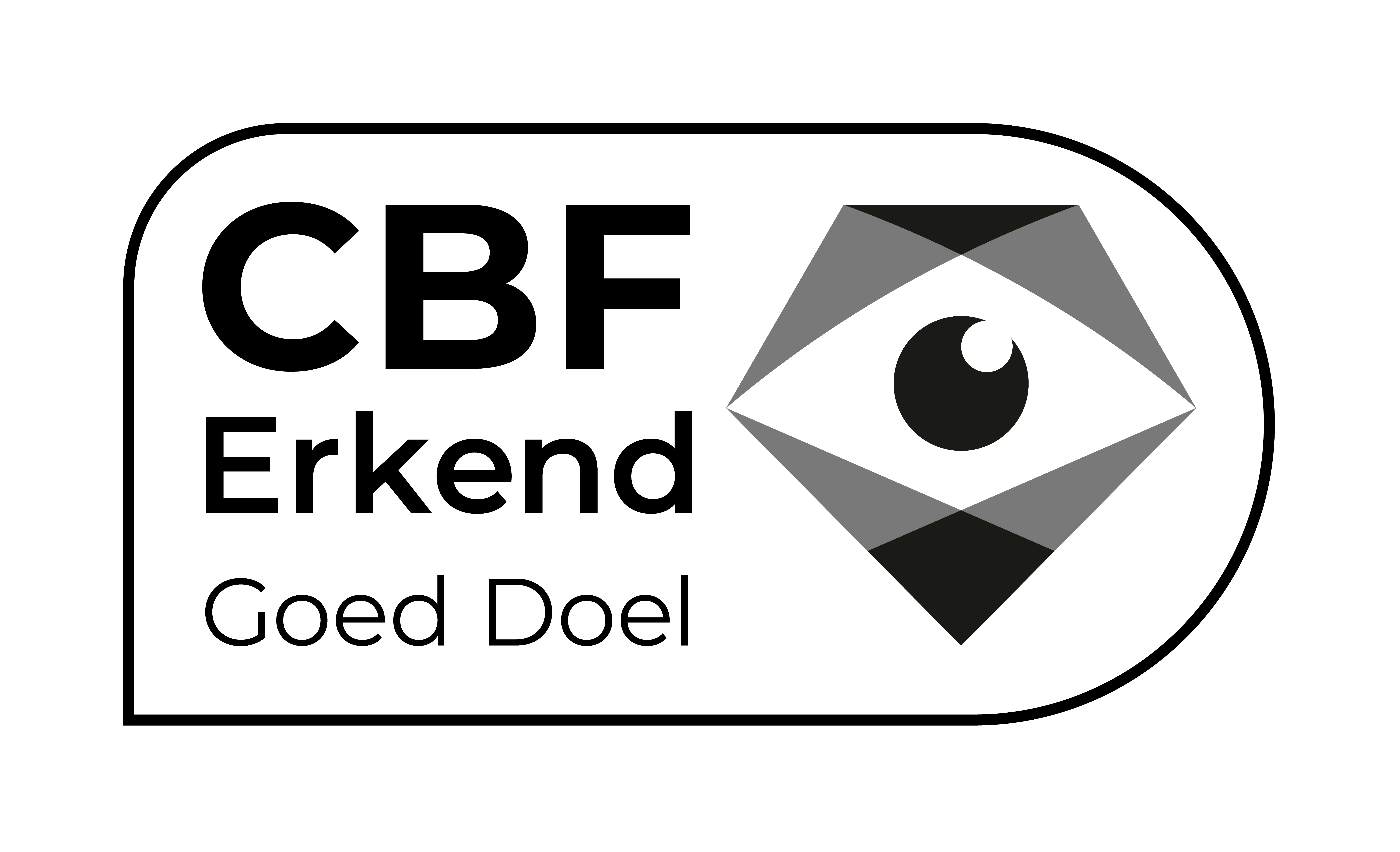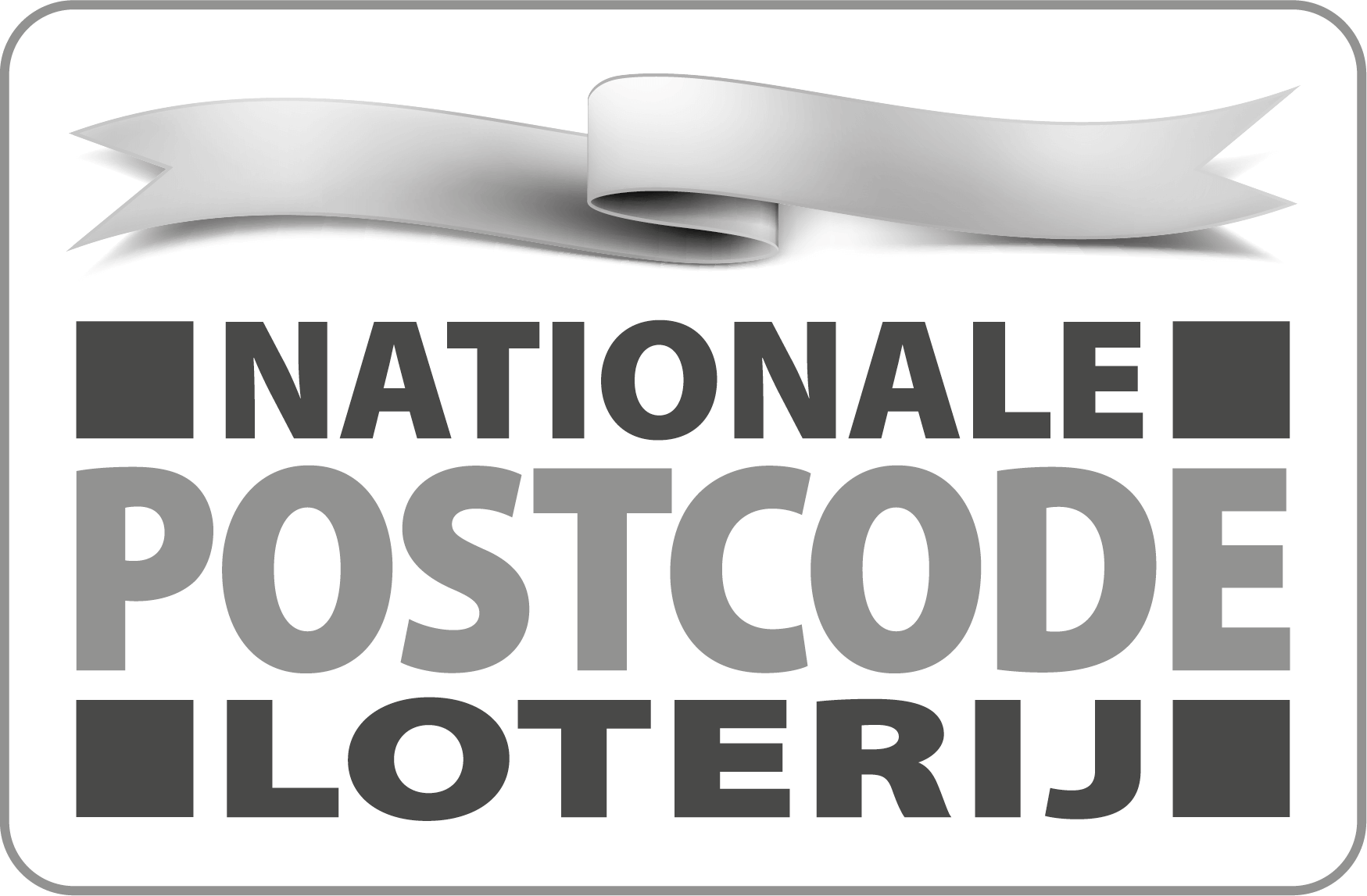May 6, 2021
Steven Pont: 'Individuality, connectedness and the feeling that you can do something'
Steven Pont is a developmental psychologist, publicist, and author of "Mensenkinderen," in which he vividly describes the different developmental stages of children so that parents can better understand their child's behavior. Steven is also a passionate advocate for culture. But what exactly is culture, and why is it important for children's development?
 "Culture is everything that makes us human," Steven answers. "You could say that culture encompasses all the characteristics of society. And society is where children grow up. Three things are important for children's stable development: the feeling of being your own person, that you're connected to others, and the feeling of being capable. If you look at football, music, tennis, dance, visual arts, judo, theater—they allow you to express yourself, develop your individuality, but they also connect you with others and with the bigger picture: society."
"Culture is everything that makes us human," Steven answers. "You could say that culture encompasses all the characteristics of society. And society is where children grow up. Three things are important for children's stable development: the feeling of being your own person, that you're connected to others, and the feeling of being capable. If you look at football, music, tennis, dance, visual arts, judo, theater—they allow you to express yourself, develop your individuality, but they also connect you with others and with the bigger picture: society."
There are biological basic needs like a roof over your head, food, and warmth, but there are also psychological basic needs. Steven: “Being able to move is a basic need. But sports aren't just about exercise and a healthy lifestyle. Dance, music, and visual arts aren't just about enjoyable leisure activities. That's only half the story. Ultimately, it's about those three things I mentioned: autonomy, connectedness, and competence. Otherwise, you might as well go for a run in the park or watch a recorder instructional video on YouTube by yourself. It's precisely the fact that you do it with others, and that a child can choose for themselves and develop within that choice, that's so important.”
Family, school and club
A child lives in three environments: family, school, and the environment they choose, such as the choir or the soccer club. Family and school are compulsory environments. But that third environment is, in fact, the first voluntary environment a child chooses. That's where children develop their individuality, discover what's important, and make their own choices. And we should allow children to have that.
The division in society seems to be growing.
From his own practice as a therapist, Steven Pont is familiar with the impact of poverty on children. "That divide in society exists and seems to be widening. There are families where parents can afford tutoring. Or to introduce their child to music, soccer, or tennis lessons, after which they can choose for themselves. These are protective factors for a child. All children have risk factors, regardless of their family background. But if there are too few protective factors, the child is at greater risk. For example, the child might develop less well as an adult because they haven't been able to express themselves and never had the opportunity to choose that third environment."
Children who participate in sports and culture can express themselves, feel connected, and also improve their skills. This makes them stronger and more confident. And they're also more likely to participate more fully in society as adults.
Read more stories




